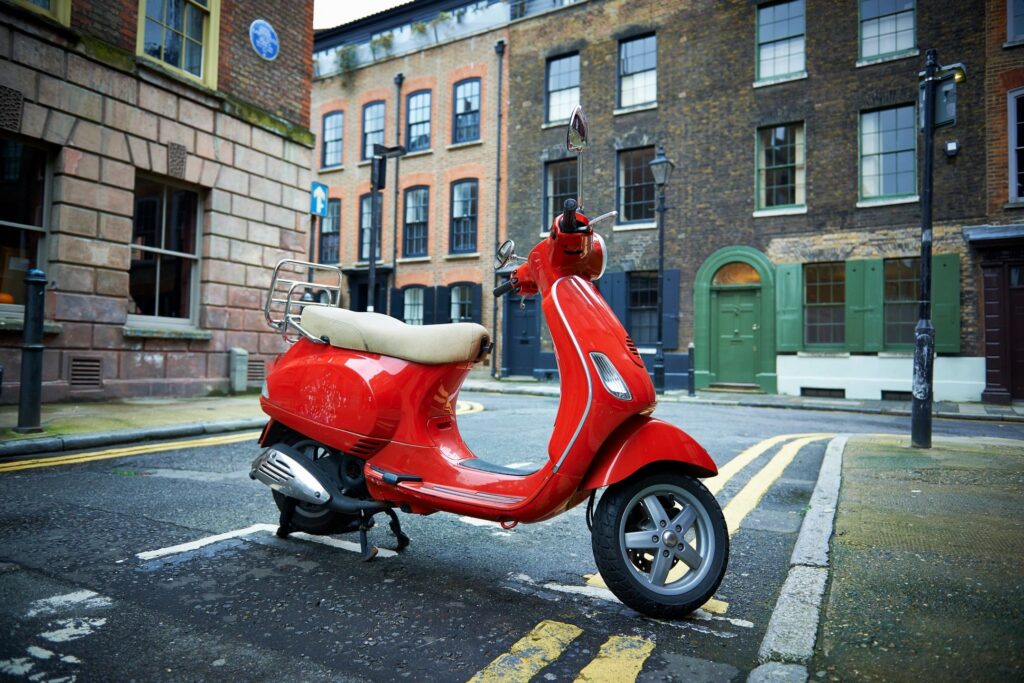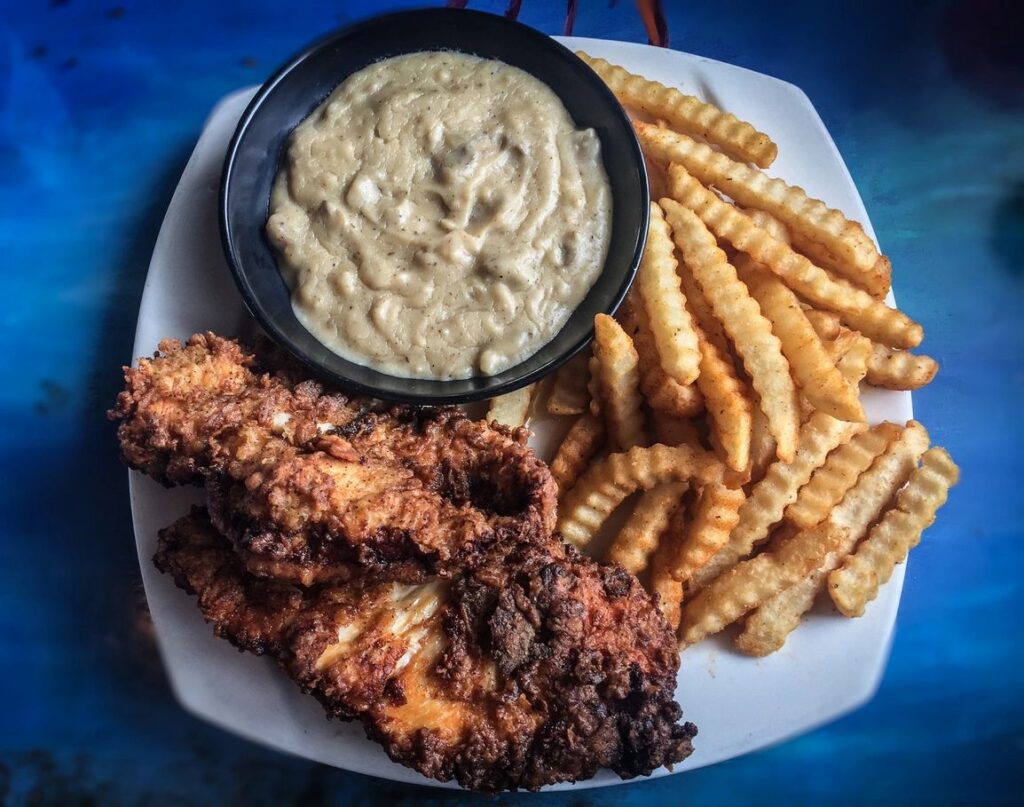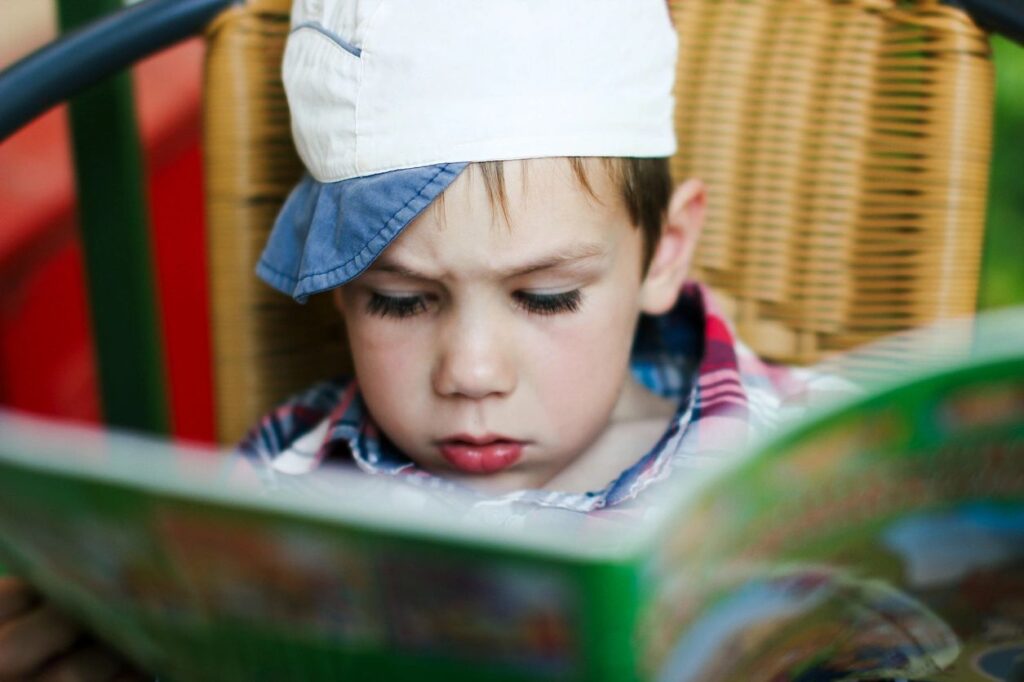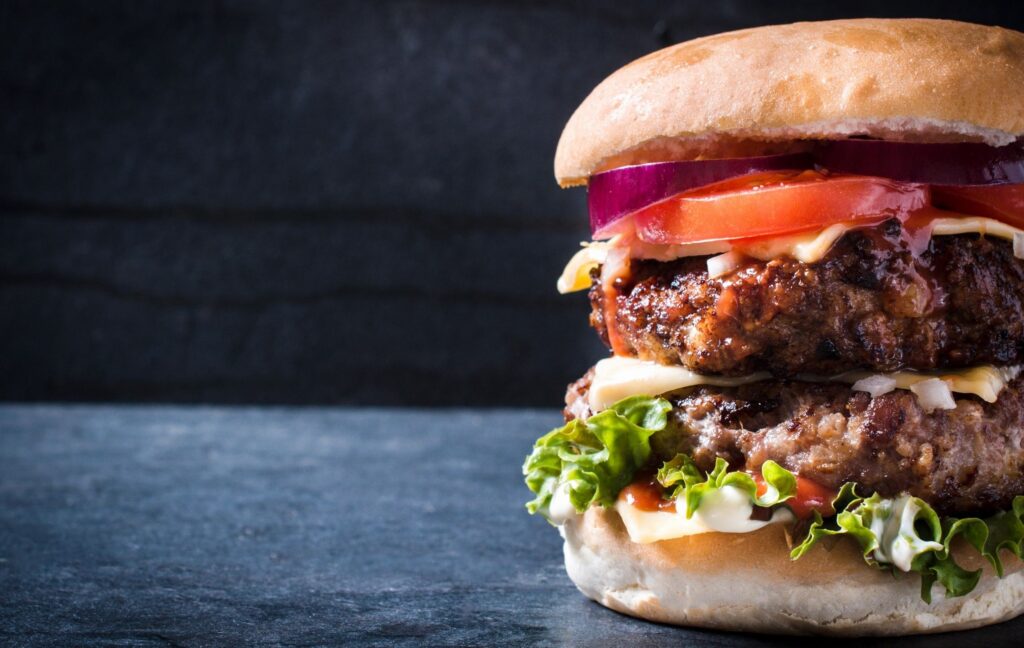Posts by Neil Petersen
Sadness and Smoking
The idea that drugs can be an escape from negative emotions is well known. A recently published study from researchers at Harvard University gives us some more evidence for that idea, but adds a new twist. As it turns out, the emotion of sadness in particular, rather than negative emotions in general, may have an…
Read MoreEven a Little Alcohol Can Lead to Riskier Decisions on a Moped Simulator
The stakes of taking to the roads with alcohol in one’s bloodstream are extremely high, both for the person under the influence and for other drivers, passengers and pedestrians. For the person under the influence, perhaps nowhere are the stakes higher than when a two-wheeled vehicle such as a motorcycle, scooter or moped is in…
Read MoreOlder People Are More Attentive to Positive Information. What About Older Dogs?
Being able to focus on the positive is something we can all benefit from, and it may be a skill that becomes easier with age. Psychology researchers have found that older adults tend to remember positive information better than negative information relative to younger adults. This phenomenon has become known as the “positivity effect,” a…
Read MorePersonality Traits and Holiday Spending
Not everyone approaches the holiday season in the same way, financially speaking. Some will run up credit card bills with heaps of lavish gifts while others take a more tightfisted approach. A newly published study looks at some of the personality differences that play into holiday spending habits. In a paper titled Who Are the…
Read MoreA Happiness Intervention for Teachers
Teaching is a stressful job. From managing a classroom, to taking work home at night, to trying to adequately explain new concepts and keep pace with a curriculum at the same time, teachers have a lot of demands to juggle. That’s a problem not just for teachers, but for the education system as a whole.…
Read MoreIs Getting Up Too Early Worse Than Going to Bed Too Late?
To some extent, we have all conducted our own one-person real-life experiments with sleep deprivation. One thing I’ve noticed in my own such experiments is that if I’m going to have my sleep cut short, I’d rather do it by going to bed late than by waking up early. One especially late night by itself…
Read MoreSchool Cafeteria Setup Can Promote Healthy Eating Habits
The idea of “nudges” often comes up in research on the psychology of dietary choices. The theory being that certain cues can “nudge” people toward healthier eating habits. I wrote about this topic a few months ago in relation to a study suggesting that using certain types of plates might encourage children to eat more…
Read MoreDepression Might Be Part of the Reason Psychopaths Go to Bed Later
When the sun sets, all kinds of creatures come out of the woodwork. Owls, bats and … psychopaths? Some previous research suggests that the darker side of human nature really does have an affinity for the darker hours. For example, a 2013 study found that people who prefer to go to sleep and get up…
Read MoreCan a Cartoon Character Fight Stigma Against Autism?
Cartoons might seem like nothing more than a fun way to pass the time. Presumably, though, children who watch cartoons are integrating the things they see into how they view the world, as they do with more or less everything they encounter. That realization that cartoons can shape children’s attitudes is probably part of the…
Read MoreThe Psychological Separation Between “Meat” and “Animals”
People like animals. People also like to eat animals. This presents an obvious problem. It’s challenging to make a convincing case to yourself that you think animals are cute and want to protect their welfare in between swallowing mouthfuls of pork. You might recognize this as a classic example of cognitive dissonance, where people have…
Read More









